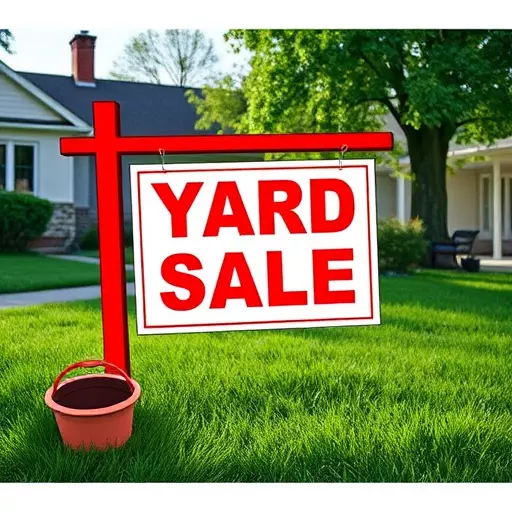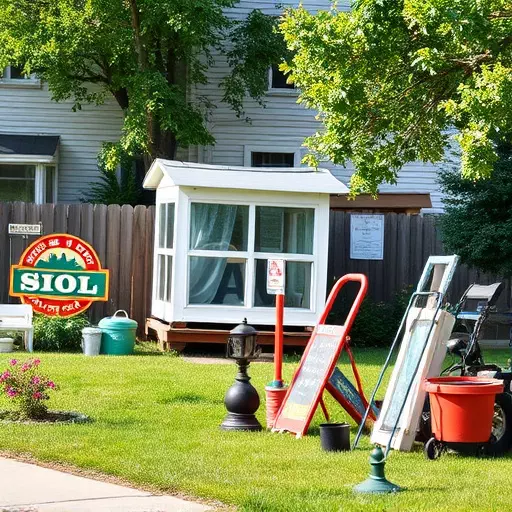Proper Yard Waste Removal and Recycling is crucial for environmental conservation. Homeowners can reduce their ecological impact by composting and participating in local recycling programs, instead of sending yard waste to landfills where it produces methane gas. Many communities offer dedicated services for responsible disposal, creating nutrient-rich compost that benefits soil health. Transforming yard waste into resources like compost, wood chips, or mulch not only helps garden care but also fosters a healthier ecosystem and promotes sustainable practices.
Tired of struggling with lawn debris disposal? This guide, “Lawn Debris Disposal Made Easy,” is your solution. We dive into the world of yard waste removal and recycling, offering efficient strategies to transform your outdoor chores. Understanding the impact of yard waste and exploring creative ways to dispose of it responsibly can benefit both your environment and community. Get ready to make lawn care more sustainable and less demanding.
Understanding Yard Waste and Its Impact

Yard waste, including grass clippings, leaves, and branches, is a common by-product of maintaining lush outdoor spaces. While it may seem like a mundane task, proper disposal and recycling of yard debris are essential for environmental preservation and sustainable practices. Untreated yard waste often ends up in landfills, contributing to methane gas emissions, a significant greenhouse gas.
By adopting eco-friendly methods, such as composting and recycling programs, homeowners can significantly reduce their environmental footprint. Many communities now offer dedicated services for yard waste removal and recycling, making it easier than ever to dispose of debris responsibly. These initiatives not only divert waste from landfills but also create nutrient-rich compost that can be used to enhance soil fertility, promoting a healthier ecosystem in your own backyard.
Efficient Strategies for Lawn Debris Disposal and Recycling

Lawn debris doesn’t have to be a nuisance; it can be a resource. Efficient strategies for yard waste removal and recycling transform what many see as problematic into valuable materials that benefit both your garden and the environment. Start by composting organic materials like grass clippings, leaves, and weeds. This rich compost acts as a natural fertilizer, enhancing soil structure and promoting plant growth. For materials not suitable for composting, consider chipping or shredding them. Branches and twigs can be chipped into wood chips that improve soil aeration and retain moisture. Shredded leaves make excellent mulch, suppressing weeds and conserving water.
Beyond landfilling, there are creative ways to dispose of yard waste responsibly. Some communities offer yard waste collection programs that separate materials for recycling or composting. You might also explore options like bio-digestion, which converts organic matter into biogas, a renewable energy source. By adopting these strategies, you’re not just managing lawn debris; you’re contributing to a more sustainable and eco-friendly approach to yard care.
In light of the above, efficient lawn debris disposal and recycling are not only beneficial for reducing environmental impact but also offer a sustainable solution for property owners. By implementing the strategies discussed, including proper collection, composting, and recycling practices, folks can transform yard waste into valuable resources. Embracing these eco-friendly methods is a step towards a greener, more vibrant landscape, ensuring a healthier environment for future generations. In terms of Yard Waste Removal and Recycling, it’s a win-win for both your lawn and the planet.


